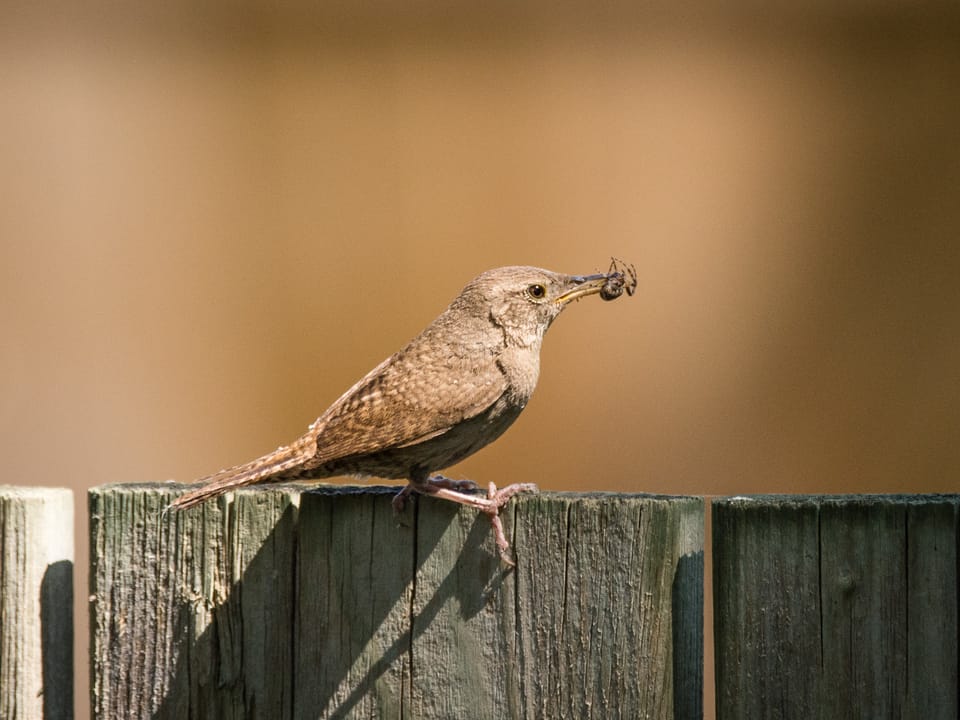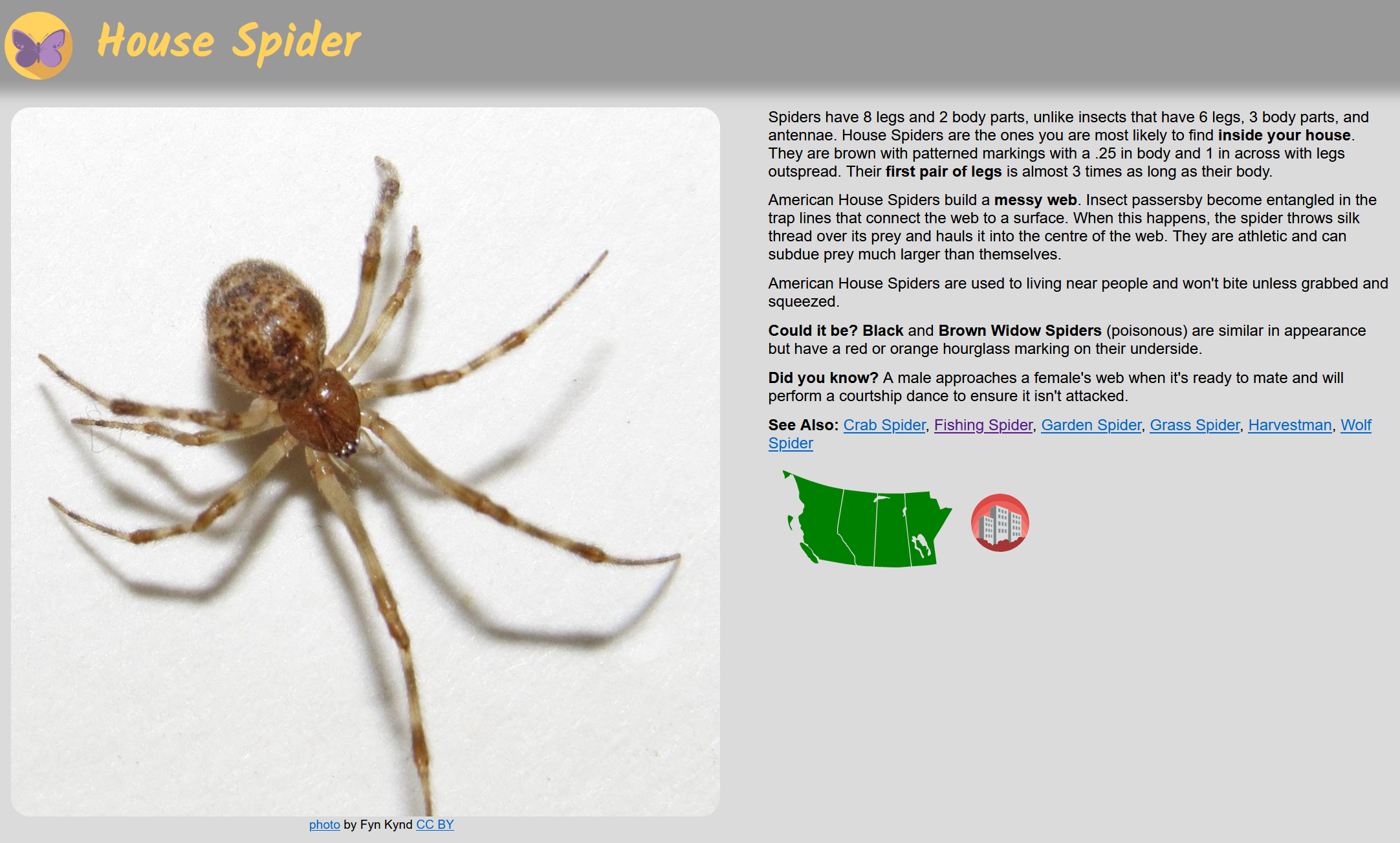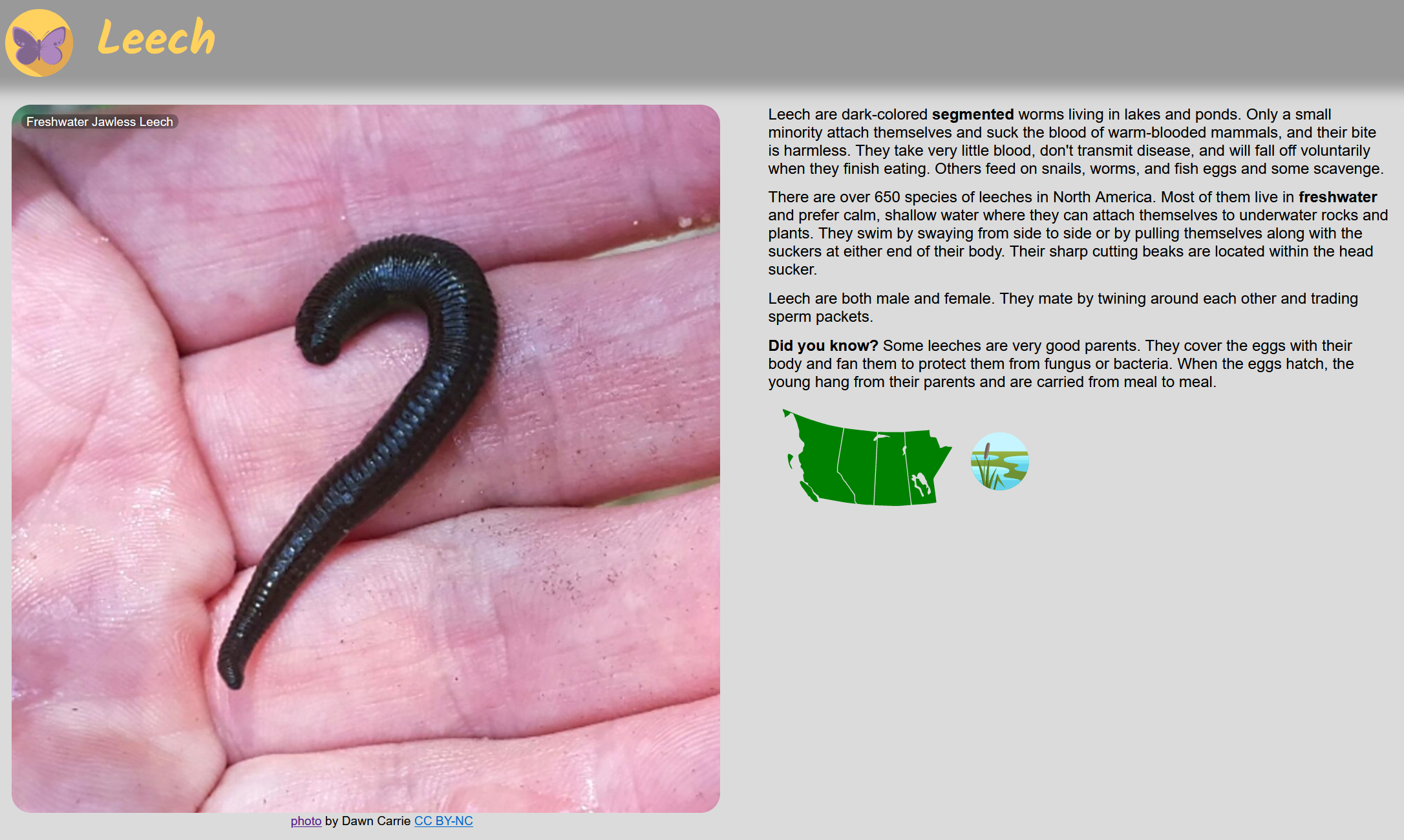Love the Unlovable - World Wildlife Day 2023

Pandas and koala bears are easy to love. They’re cuddly and cute with big eyes. Other wild creatures are harder to love and yet each of them plays an important role in the world. We’re taking time on World Wildlife Day to show some love for the unlovable.
Spiders
House spiders help keep your home free of insect pests. Their webs are messy but effective as one spider can catch hundreds of tiny flies in a day. Insect passersby become entangled in the trap lines that connect the web to a surface. When this happens, the spider throws silk thread over its prey and hauls it into the centre of the web. House spiders are athletic and can subdue prey much larger than themselves. They’re used to living near people and won’t bite unless grabbed and squeezed.
Spiders don’t have ears, but they can sense vibrations. Tiny hairs on their legs bend in response to vibrations in the air or transmitted through floors and walls. Scientists have found that jumping spiders will freeze when they pick up a low-frequency hum or buzz as this sound overlaps with the wingbeat frequency of predators such as parasitoid wasps and flies.

Mosquitoes
It’s true. None of us like getting bitten by mosquitoes and they can spread disease. The females of most Canadian species require a blood meal before they lay eggs, but both males and females feed regularly on nectar and assist in pollinating plants, a particularly important function in the Arctic with its short growing season.
Mosquitoes play an important role in the aquatic food chain, spending most of their life in water and only emerging into the air for a short period of time as adults. As a result, they provide a valuable link between the aquatic and terrestrial environments, transferring aquatic nutrients to the terrestrial systems once the adult insects emerge.
See also: It’s Time to Show Mosquitoes a Little Love - Here’s Why [EcoFriendly West]

Leeches
Agh! It’s no fun finding a leech attached to your leg when you go for a swim. But it’s not that bad either. Their bite is harmless. They take very little blood, don't transmit disease, and will fall off voluntarily when they finish eating. Only a small minority of leeches suck the blood of warm-blooded mammals. Others feed on snails, worms, and fish eggs, while a few are scavengers.
Some leeches are very good parents. They cover the eggs with their body and fan them to protect them from fungus or bacteria. When the eggs hatch, the young hang from their parents and are carried from meal to meal.

Additional Resources
Play and Learn with Nature Companion [EcoFriendly West]
Photo credit: https://www.flickr.com/photos/apmckinlay/35896517736
Take EcoFriendly West’s Nature Companion, a nature app for Canada’s four western provinces, with you when you head outdoors. Nature Companion provides basic information about over 300 common plants, trees, birds, animals, insects, reptiles, and amphibians found in Western Canada. And it’s free - with no ads and no sign up.
EcoFriendly West informs and encourages initiatives that support Western Canada’s natural environment through its online publication and the Nature Companion website/app. Like us on Facebook, follow us on Twitter, or subscribe by email.

Member discussion